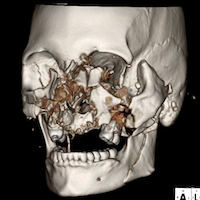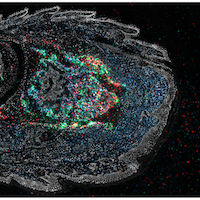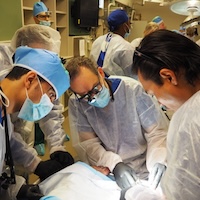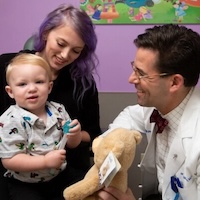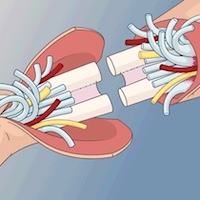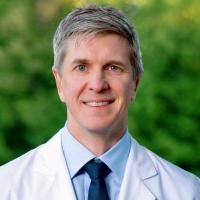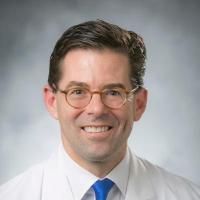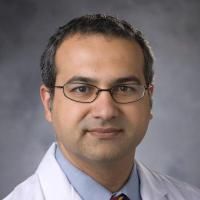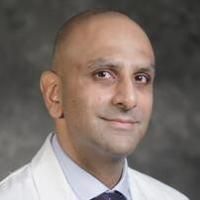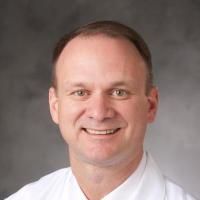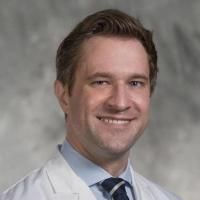The Duke Division of Plastic, Maxillofacial, and Oral Surgery is involved in pioneering research that spans a variety of fields within reconstructive and aesthetic surgery.
Division research initiatives focus on enhancing patient outcomes, developing new surgical techniques, and leveraging advanced technologies to innovate within the field of plastic surgery. In 1997, the North Carolina Tissue Engineering and Regenerative Medicine Society was founded by one of our division's faculty members. Additionally, the Plastic Surgery Research Council (PSRC) has been held twice at Duke under the leadership of Dr. Don Serrafin in 1983 and Dr. Howard Levinson in 2017.
